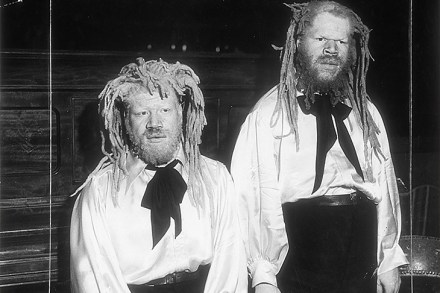Bird thou never wert
The most appealing phoenix in literature is surely the eponymous bird from E. Nesbit’s 1904 classic, The Phoenix and the Carpet. A mysterious egg arrives in the children’s nursery on Guy Fawkes night (J.K. Rowling’s phoenix, ‘Fawkes’, is the clear literary descendant), and the five children, whose adventures unfold in an atmosphere of benign neglect, manage to set fire to the nursery — involving paraffin and fire-crackers — and trigger the rejuvenation of the mythical bird. The children recognise the creature from book illustrations, and pull down ‘the old encyclopedia’ to read up on the entry from page 246: a fabulous bird from antiquity, the only one of its kind,




















